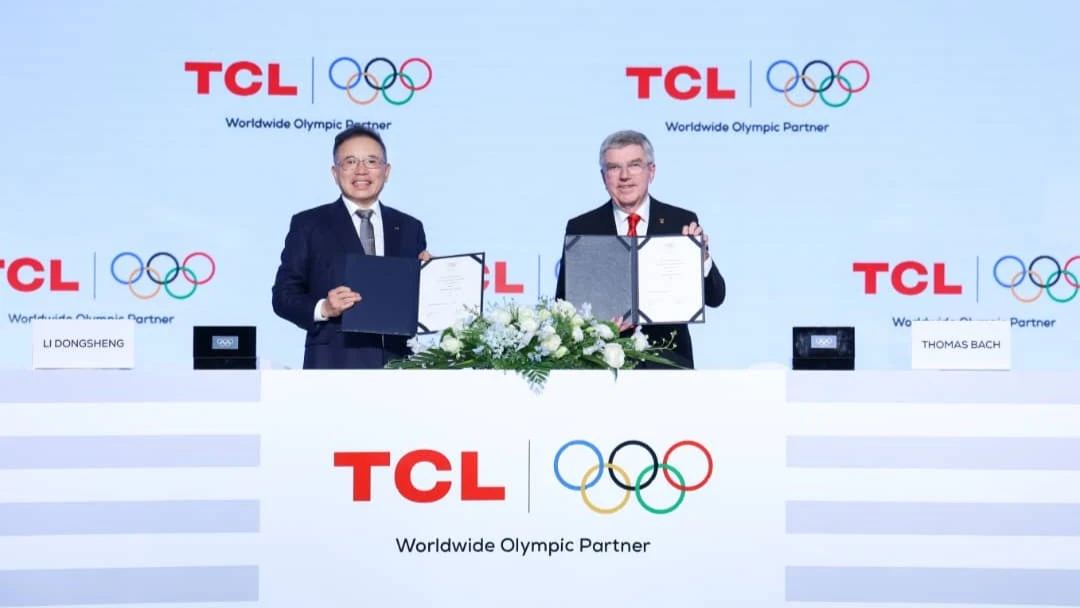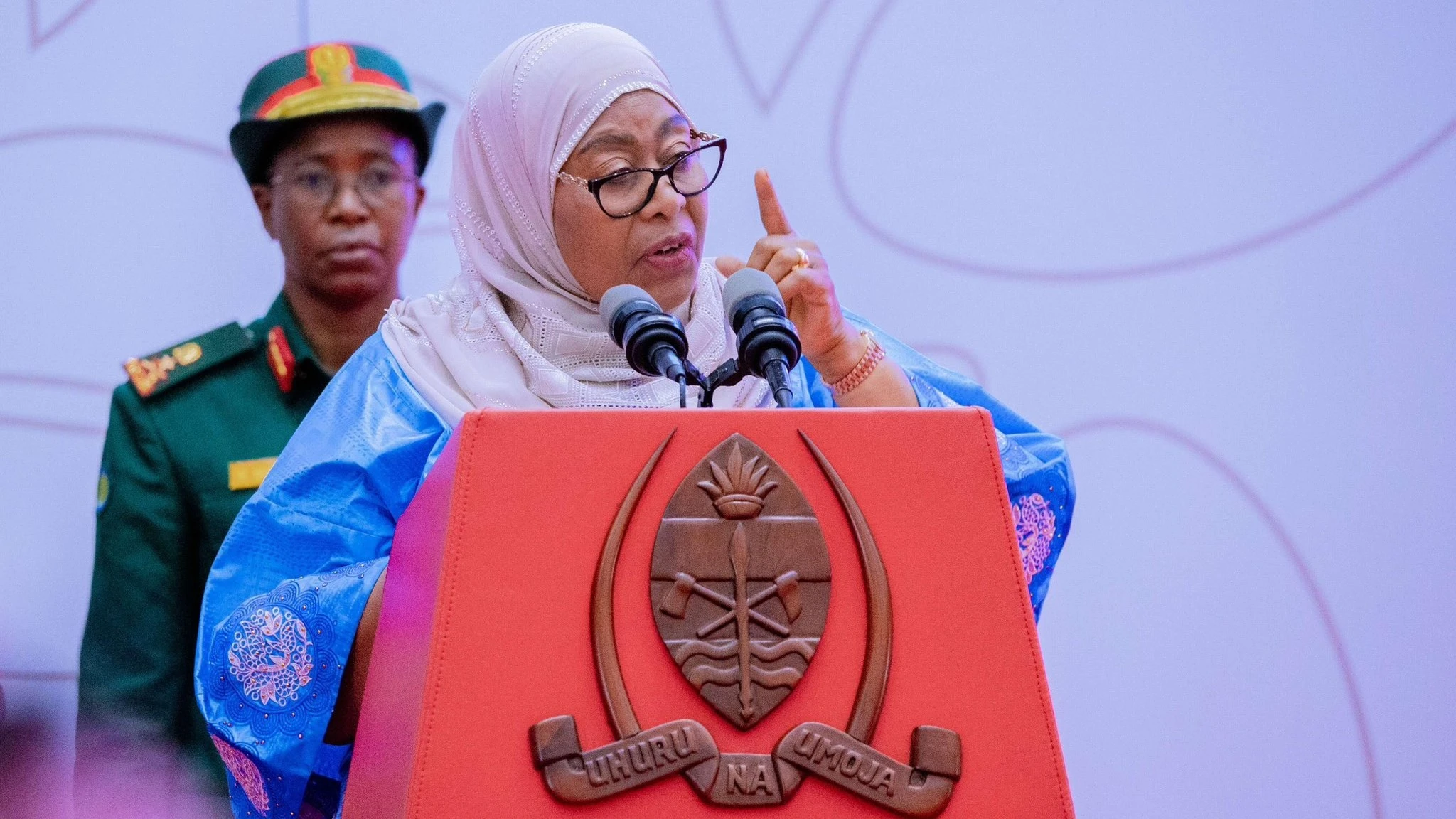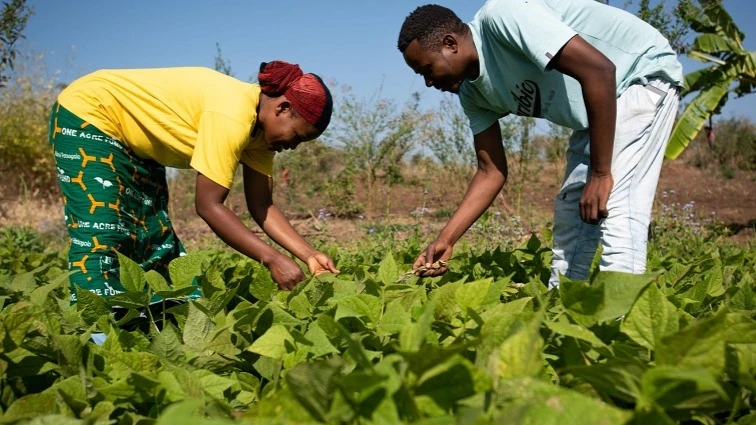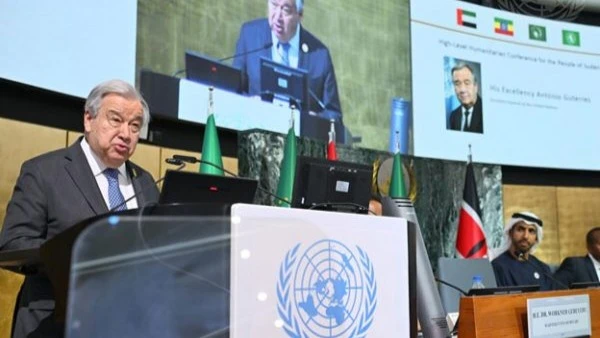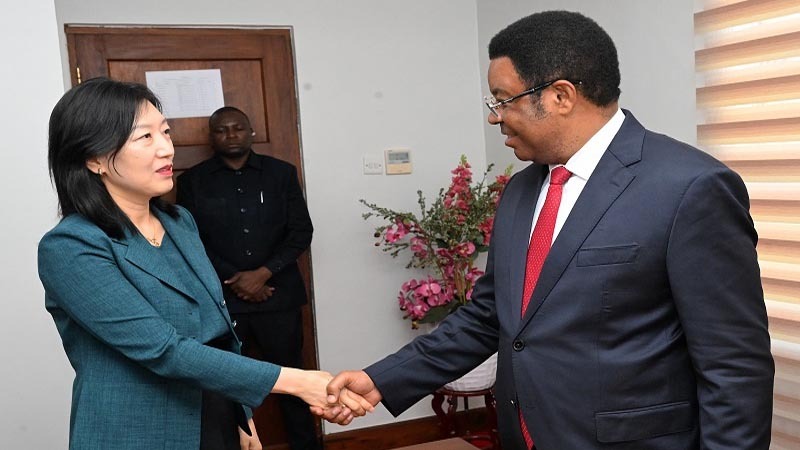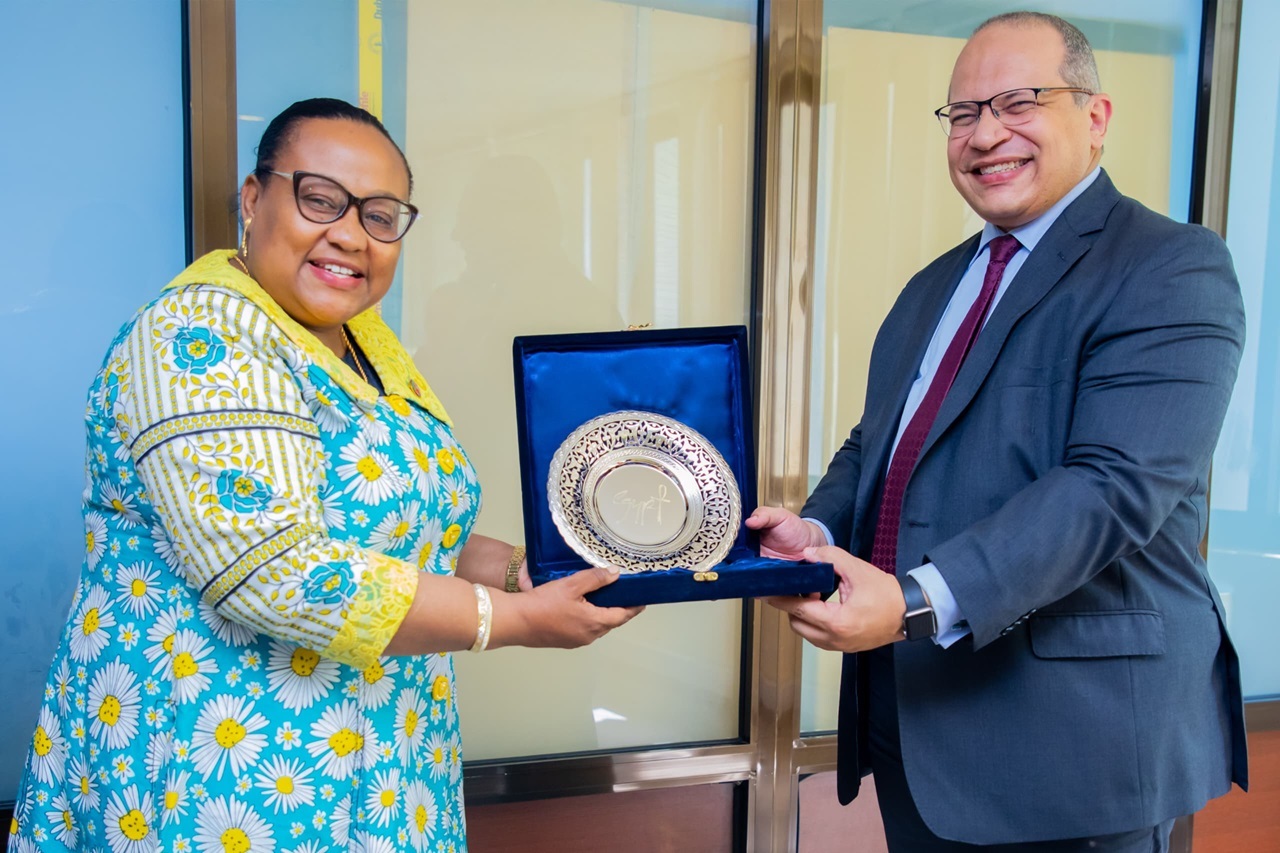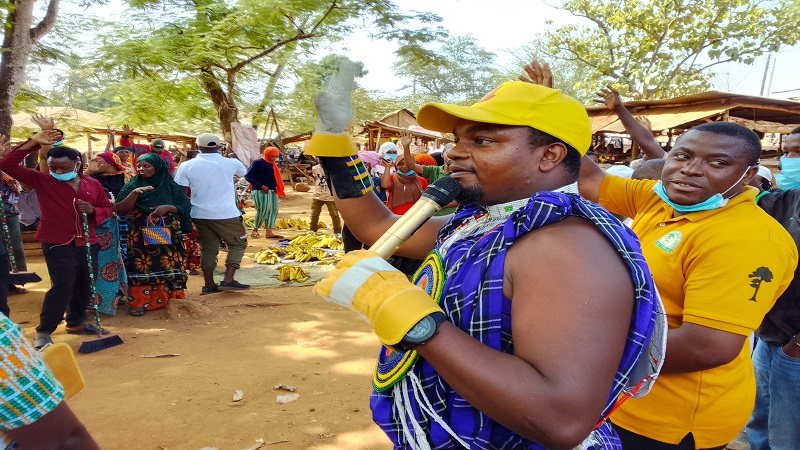Africa coffee summit in Dar examines value chain options
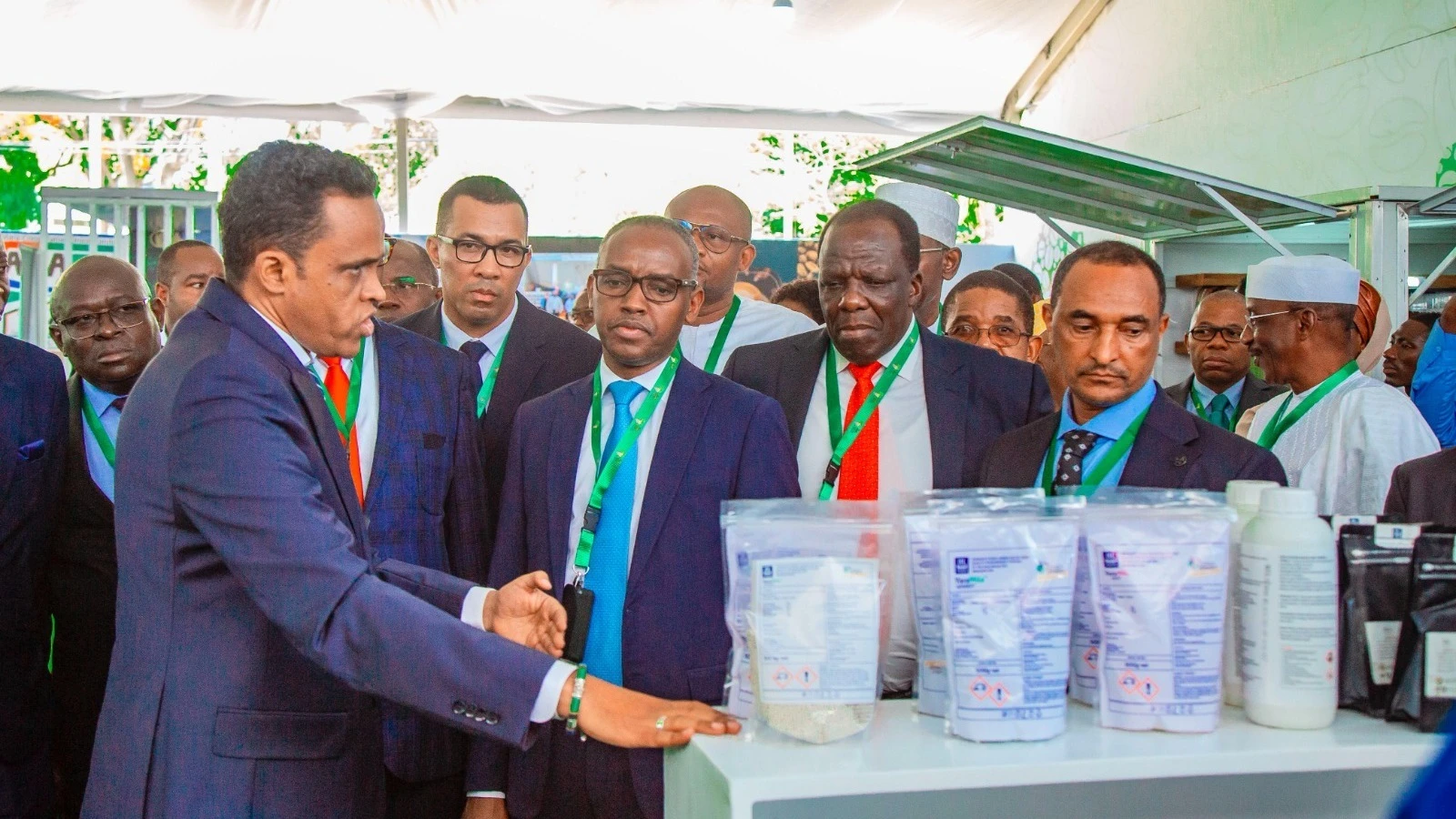
STAKEHOLDERS at the 3rd G25 African coffee summit in Dar es Salaam are expected to adopt a declaration, designed to be a strategic blueprint for a youth-driven, value-added coffee industry.
Primus Kimaryo, the Tanzania Coffee Board (TCB) chairman, said at the summit yesterday that by prioritizing value addition, local processing and regional trade, Africa can become a major player in the global coffee industry.
The summit is a wake-up call for African governments to invest in coffee processing, strengthen local markets and empower young entrepreneurs, he stated, affirming that this is the time to equip the next generation with skills, financing and opportunities to transform Africa’s coffee sector.
Asserting that coffee is not just a commodity but a pillar of Africa’s economy supporting over 10m farmers, he stated that the coffee industry has immense potential to drive employment, foster innovation and elevate Africa’s role in the global market.
Hussein Bashe, the Agriculture minister, said that African countries must increase their collective coffee production to at least 20 percent of global output by 2030 to strengthen their economic position in the global trade.
Africa has to move beyond raw coffee exports and capture greater value within the industry, he told the summit, focused on unlocking employment opportunities for the youth through the regeneration of the African coffee industry.
Despite being the birthplace of coffee, Africa earns only $2.5bn annually from coffee exports, a fraction of the $500bn global coffee trade, the minister noted, elaborating that over 90 percent of African coffee is exported as raw beans, with minimal processing taking place on the continent.
“It is absurd that we export coffee worth $3bn while importing processed coffee worth $50bn,” he further stated, illustrating that Africa sells one kilogram of coffee for four to seven dollars and imports the same kilogram as a finished product for $15 to $20, declaring that this situation is “completely unacceptable for Africa’s development.”
Processing and branding, the most profitable segment of the coffee value chain, is needed to increase revenues from the crop, he stressed, urging African countries to increase value addition, invest in local coffee processing industries and strengthen intra-African coffee trade.
“Tanzania, for example, produces some of the world’s finest coffee on the slopes of Mount Kilimanjaro, and the Southern Highlands plains are appropriate to increase the production of coffee,” he said, projecting high revenue earnings from that effort.
Ambassador Solomon Rutega, the Inter-African Coffee Organisation (IACO) secretary general, appealed to African countries to take control of their coffee value chain.
“Much of Africa’s coffee is processed abroad and sold back to us at high prices. We must change this reality,” he added.
Top Headlines
© 2025 IPPMEDIA.COM. ALL RIGHTS RESERVED








